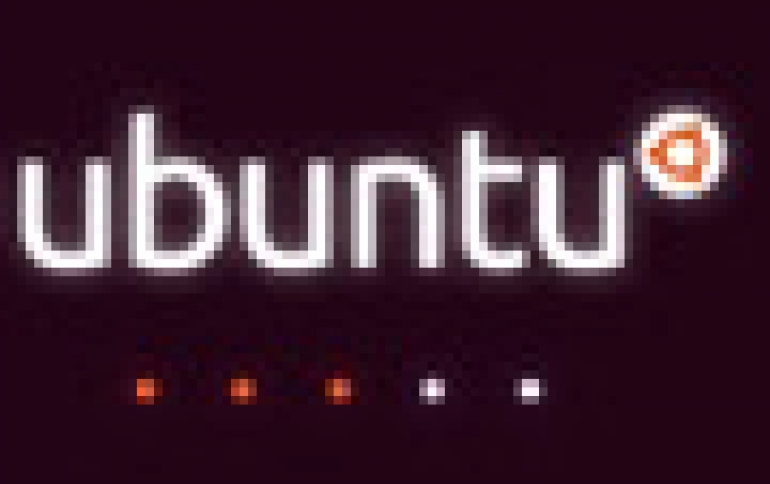
Canonical To Introduce New Tool for Server Provisioning
Ubuntu developer Canonical is developing a new
provisioning platform called Metal as a Service (MAAS),
which will be used to activate new servers, on top of
which a cloud can be deployed.
Instead of big boxes, the future computing systems are
built using clusters consisting of "hyper-dense racks
with wimpy nodes," according to Shuttleworth, Canonical
founder Mark Shuttleworth explained. More power is added
by adding more nodes to clusters, rather than buying
beefier nodes, and reliability is improved by doubling
up, so services keep running when individual nodes fail.
MAAS has been designed to offer more efficient management of these systems.
According to Canonical, MAAS makes it easy to set up the hardware on which to deploy any service that needs to scale up and down dynamically - a cloud being just one example. It lets server administrators provision their servers dynamically, just like cloud instances - only in this case, they're whole physical nodes.
With a web interface, administrators can add, commission, update and recycle their servers at will. They will be also able to add new nodes and dynamically re-deploying them between services. When the time comes, nodes could be retired for use outside the MAAS.
MAAS operates with Ubuntu 12.04 LTS installation on a system, which can be dedicated to the management platform. From the Web interface, administrators can boot a new machine and install Ubuntu. Ubuntu 12.04 LTS is scheduled to be released on April 26.
MAAS has been designed to offer more efficient management of these systems.
According to Canonical, MAAS makes it easy to set up the hardware on which to deploy any service that needs to scale up and down dynamically - a cloud being just one example. It lets server administrators provision their servers dynamically, just like cloud instances - only in this case, they're whole physical nodes.
With a web interface, administrators can add, commission, update and recycle their servers at will. They will be also able to add new nodes and dynamically re-deploying them between services. When the time comes, nodes could be retired for use outside the MAAS.
MAAS operates with Ubuntu 12.04 LTS installation on a system, which can be dedicated to the management platform. From the Web interface, administrators can boot a new machine and install Ubuntu. Ubuntu 12.04 LTS is scheduled to be released on April 26.


















